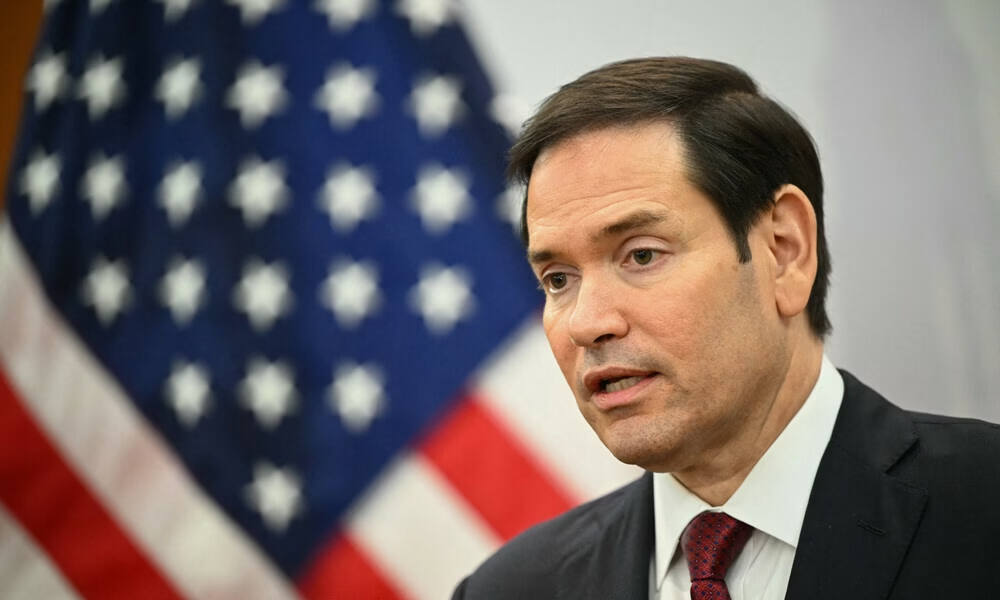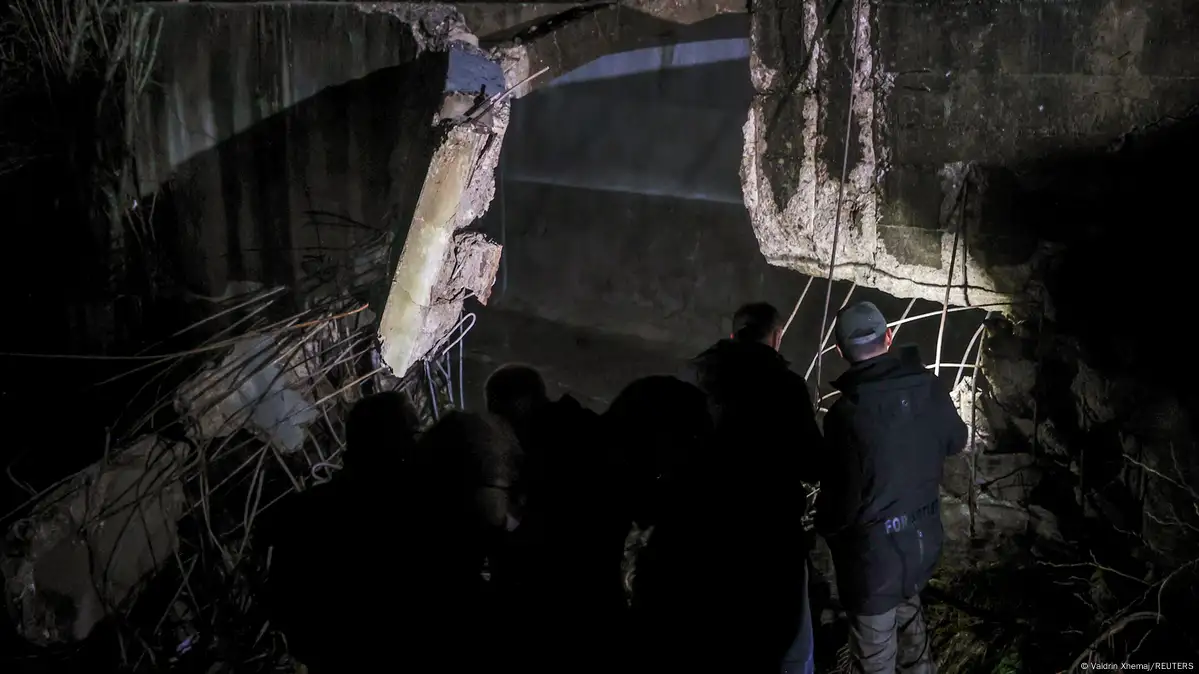In a potentially significant breakthrough, U.S. Secretary of State Marco Rubio has expressed optimism regarding the ongoing ceasefire negotiations between Israel and Hamas, stating that the discussions are “closer” to a resolution than they have been in recent months. Speaking to reporters during a regional summit of Southeast Asian countries in Malaysia on Thursday, Rubio shared a cautiously hopeful outlook on the developments taking place in Doha.
We’re hopeful, Rubio said. It appears that generally the terms have been agreed to, but obviously now you need to have talks about how you implement those terms.
Renewed Efforts for Gaza Ceasefire
The latest round of indirect negotiations began on Sunday in Qatar’s capital and has now entered its fifth day. These talks are being mediated by Qatar, Egypt, and the United States, with Israeli and Hamas representatives housed in different rooms of the same building—a standard setup for indirect diplomacy in this long-standing conflict.
Rubio’s remarks suggest a noticeable shift in the diplomatic atmosphere surrounding the Gaza conflict. I think perhaps we’re closer than we’ve been in quite a while, and we’re hopeful, but we also recognise there are still some challenges in the way, he noted.
Key Sticking Points: Aid Access and Military Withdrawal
Despite the optimism, several core disagreements remain unresolved. Hamas has consistently raised concerns over the uninterrupted flow of humanitarian aid into Gaza and the full withdrawal of Israeli forces from the region. The group is also demanding real guarantees that any deal reached will ensure a long-term peace, rather than just a temporary halt in violence.
These sticking points have plagued earlier negotiations as well. A short truce in November 2023 lasted only a week, and a two-month cessation that began in January 2025 also failed to pave the way for a lasting agreement. Each time, talks have collapsed during the implementation phase, where questions around trust, verification, and accountability dominate the discourse.
Disarmament: The Crux of the Impasse
Rubio pointed out a major obstacle that continues to derail progress: Hamas’ refusal to disarm. One of the fundamental challenges is Hamas’ unwillingness to disarm, which would end this conflict immediately,he said. This issue has long been a red line for both parties—Hamas views its weapons as essential to resisting occupation, while Israel sees their disarmament as non-negotiable for any real peace.
Israeli Flexibility Noted
Despite the tension, Rubio commended Israel’s approach in the recent talks. The Israelis have shown some flexibility,he stated, hinting that Tel Aviv may be willing to make concessions on matters like aid access or timelines for military redeployment—provided that Hamas reciprocates with security guarantees.
This flexibility could prove pivotal, especially with mounting international pressure on both sides to de-escalate the conflict. The humanitarian situation in Gaza continues to deteriorate, with thousands of civilians displaced, and vital infrastructure such as hospitals, schools, and shelters severely damaged or destroyed.
The Role of Mediators
Qatar, Egypt, and the U.S. have taken leading roles in this diplomatic effort, leveraging their unique relationships with both parties. Qatar, which hosts Hamas’ political office, has acted as a key facilitator, while Egypt’s border proximity gives it critical logistical and humanitarian influence. The U.S., under Secretary Rubio, has doubled down on behind-the-scenes diplomacy, pressing both sides to compromise in order to prevent another cycle of devastation.
A senior Qatari official familiar with the talks confirmed that progress is being made, but emphasized that the devil lies in the details. Agreements on paper are one thing,he said. But the challenge is translating those into action on the ground, especially in such a volatile and mistrust-filled environment.
Cautious Optimism
Although a final deal is yet to be signed, the renewed diplomatic momentum has given both regional stakeholders and the international community a sliver of hope. If the parties can agree on a comprehensive framework that addresses humanitarian needs, ensures security, and provides mutual assurances, it could mark a turning point in one of the world’s most protracted and painful conflicts.
As Secretary Rubio concluded in his statement: We’ve seen talks fall apart at this stage before, so caution is warranted. But for now, there is a real opportunity—and we are doing everything in our power to seize it.



